“One thing we agree on is that the crucial task now is to strengthen Ukraine—politically, militarily, legally, economically, and from a humanitarian standpoint—with firm long-term guarantees along its path toward EU and NATO membership,” reads one of the key resolutions adopted by the European People’s Party last week.
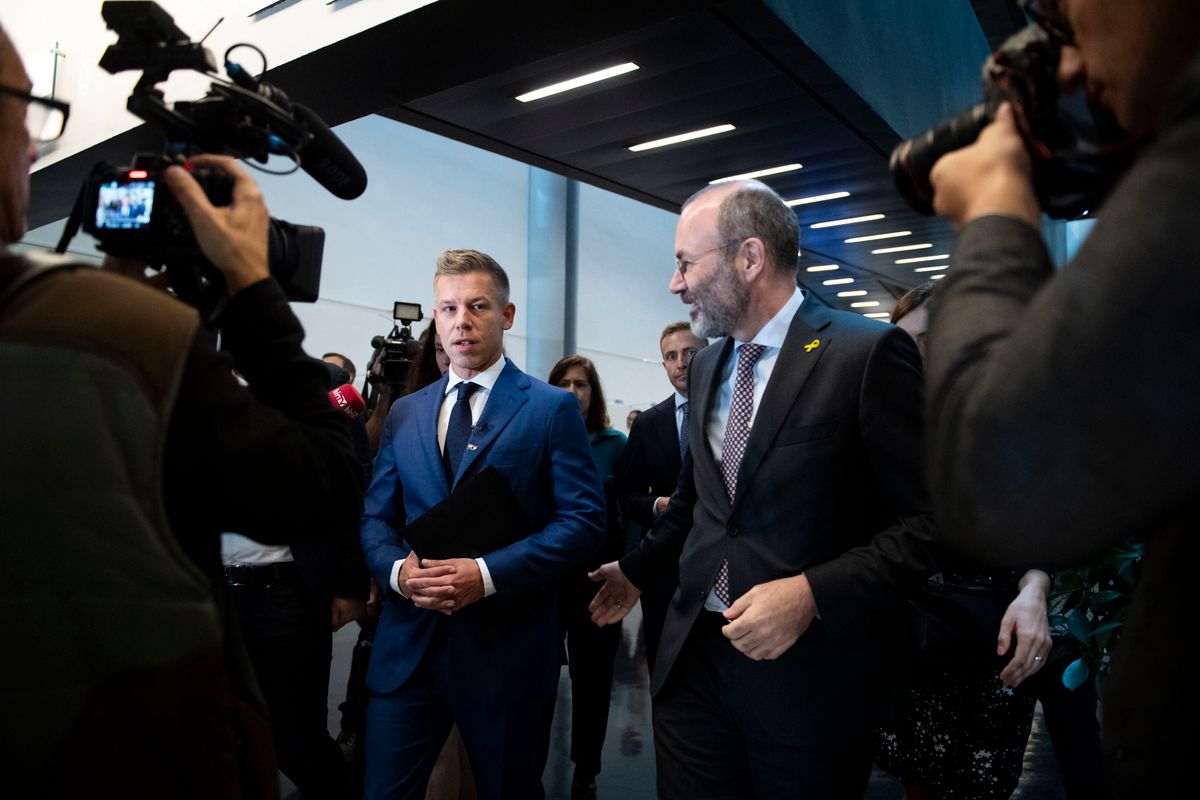
Peter Magyar and his delegation sit in the Brussels faction of the party led by Mr. Weber, which means the positions taken by their party president and faction leader is also binding for them — namely, the goal of steering Ukraine not just toward EU membership, but also toward NATO accession in the coming years. It is worth recalling that Romulusz Ruszin-Szendi, the Tisza Party’s defense policy chief, previously said that the deployment of EU or NATO forces into Ukraine could only be considered if Ukraine was already a member of either alliance.
However, this is not the only major decision with significant consequences made by Mr. Weber and his allies in Valencia. They also decided to accelerate Ukraine’s accession talks. Specifically, they adopted the following language, calling on “all relevant parties”:
“In order to accelerate the accession negotiations during the Polish and Danish presidencies of the EU Council, by opening all negotiation chapters as early as possible in 2025, we will examine the possibility of using unanimous voting only for the closure of the negotiation chapters.”
In plainer terms, this complex and bureaucratic language means the EPP wants to fast-track Ukraine’s EU accession in an unprecedented manner. They intend to begin negotiations this year—talks that are typically conducted over the span of more than 30 chapters. For comparison, Hungary’s accession process took nearly five years, despite the fact that Hungary was clearly far more prepared at the outset than Ukraine is today.
In Ukraine’s case, however, Mr. Weber and his allies are even willing to override EU law to achieve this acceleration. According to the European Parliament’s website, “based on a recommendation from the Commission, the Council decides unanimously whether to open additional chapters or policy areas.” However, under the EPP’s proposal, the requirement for unanimity — thus, the potential for a Hungarian veto — would be removed for the opening of chapters. This is why they wrote: “we will examine the possibility of using unanimous voting only for the closure of the negotiation chapters.” Thus, anyone denying the central intention to fast-track Ukraine’s accession and eliminate opportunities for vetoes is either mistaken or not being truthful.
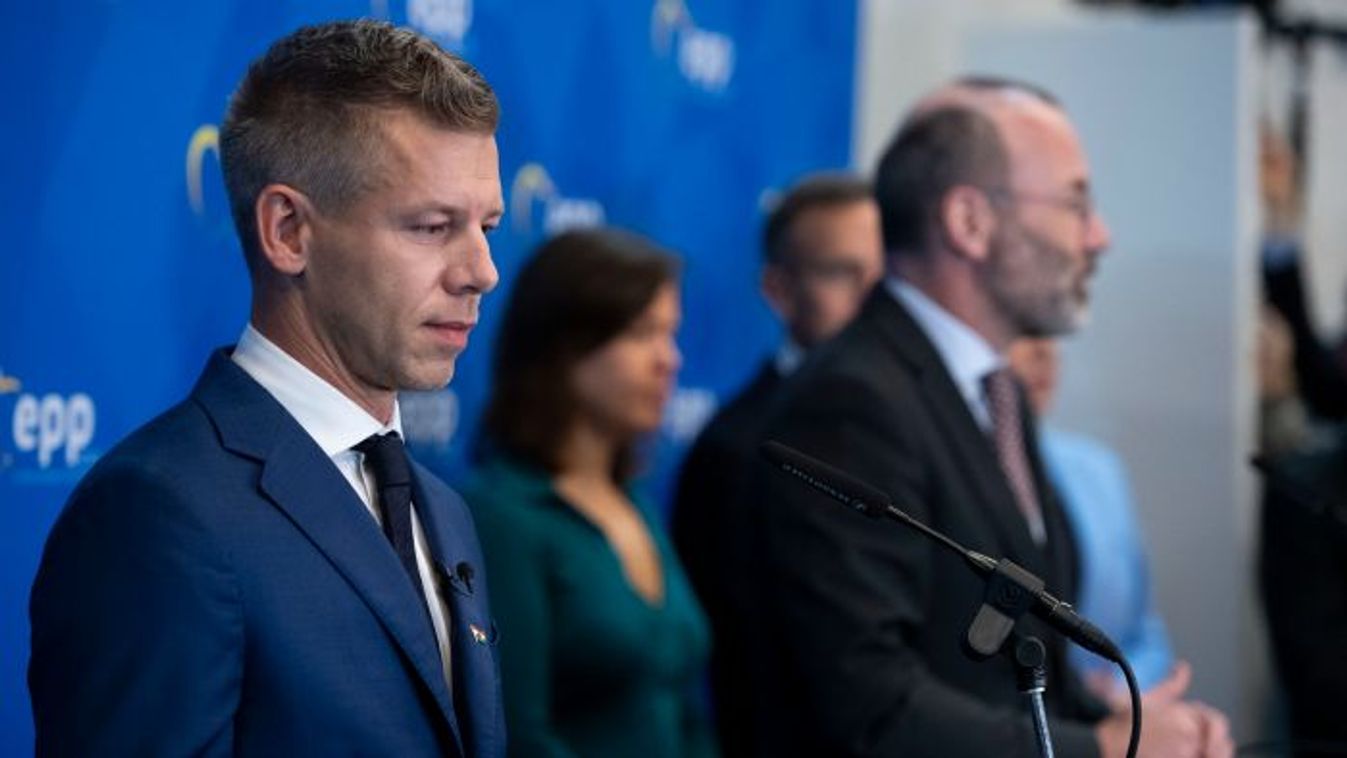
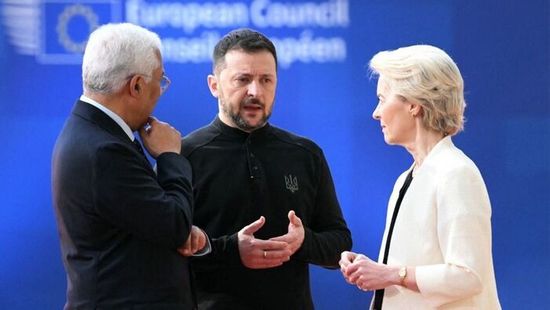
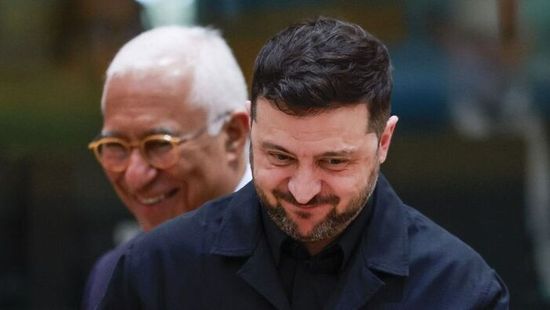
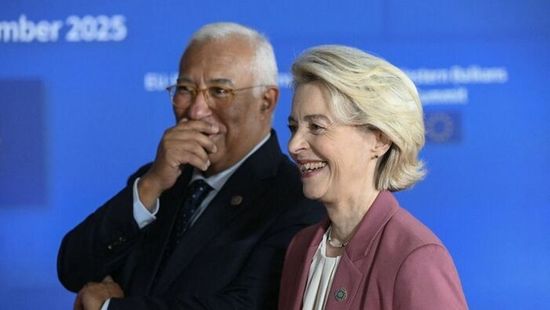
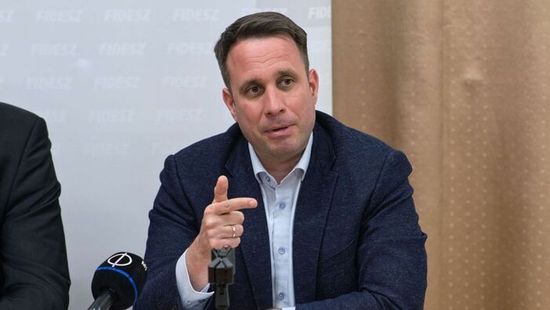

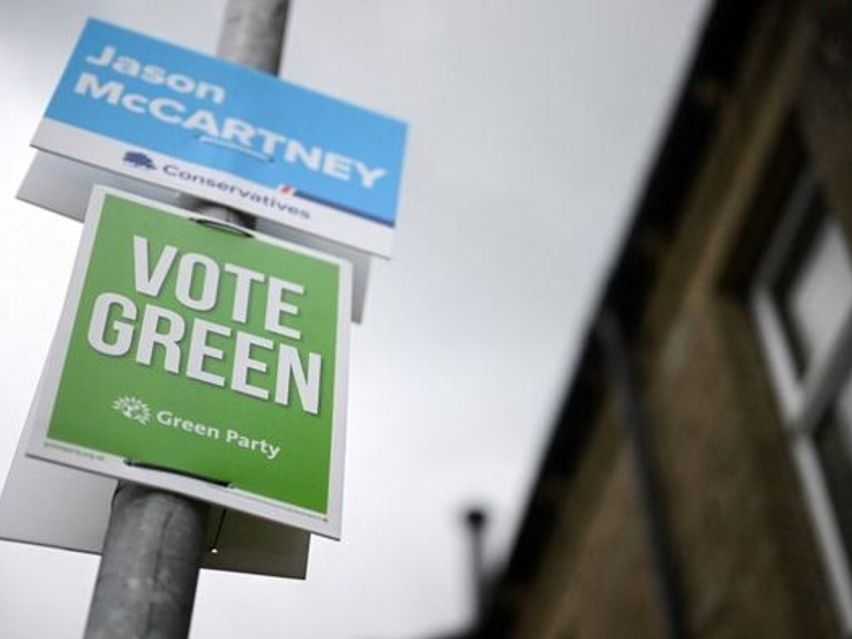
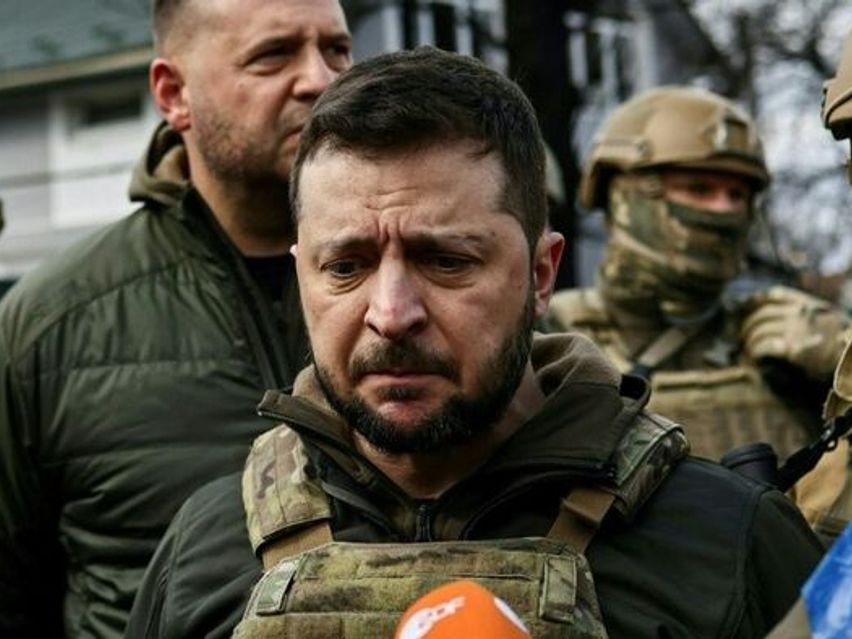
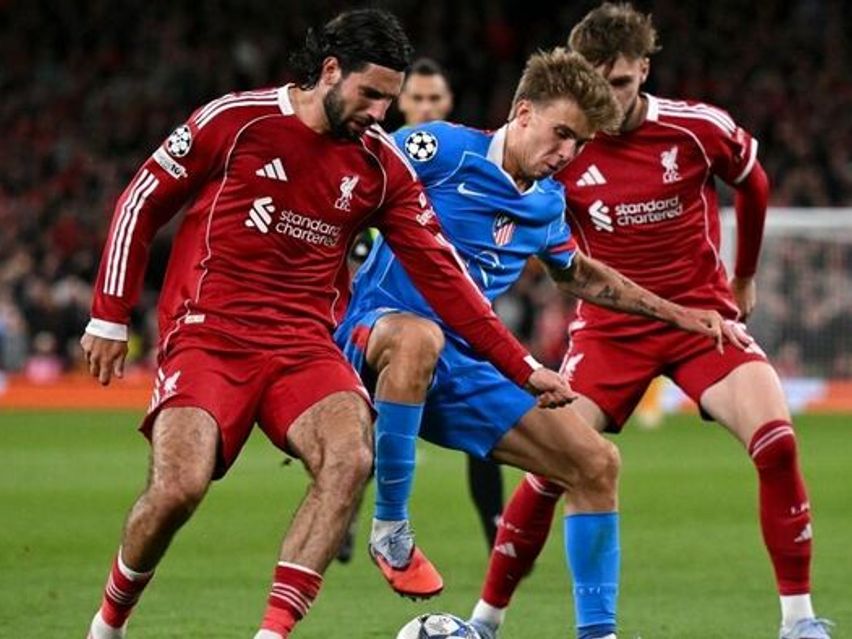
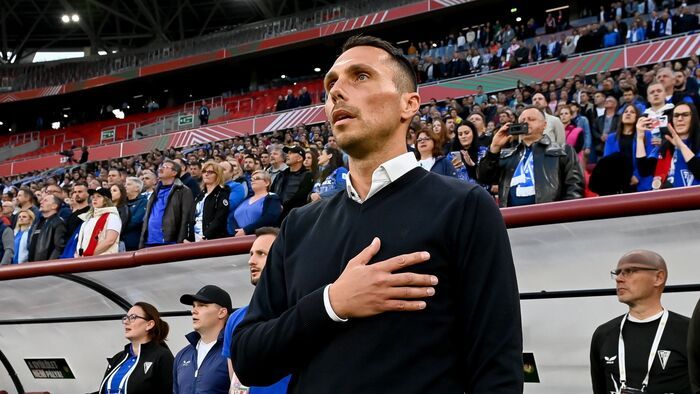

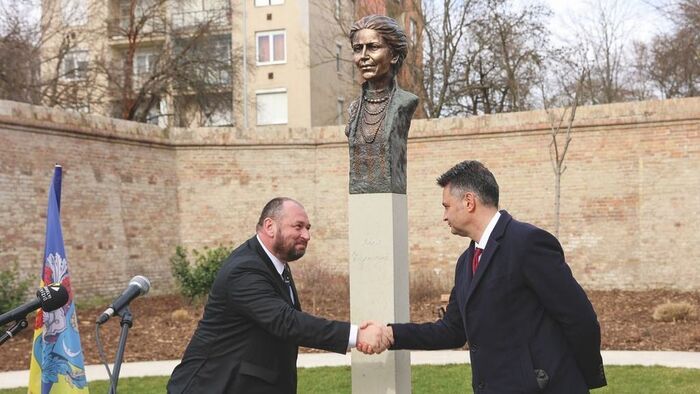

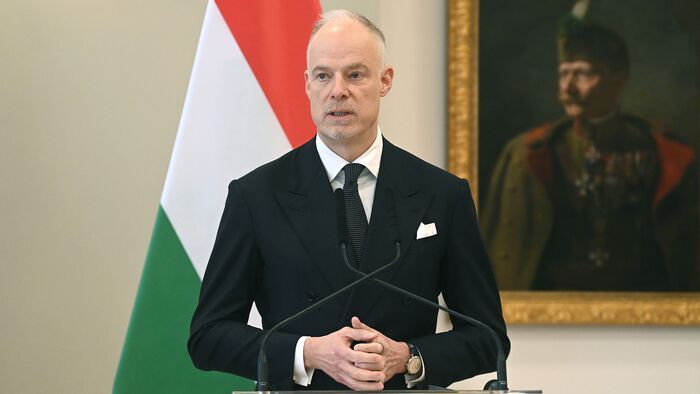
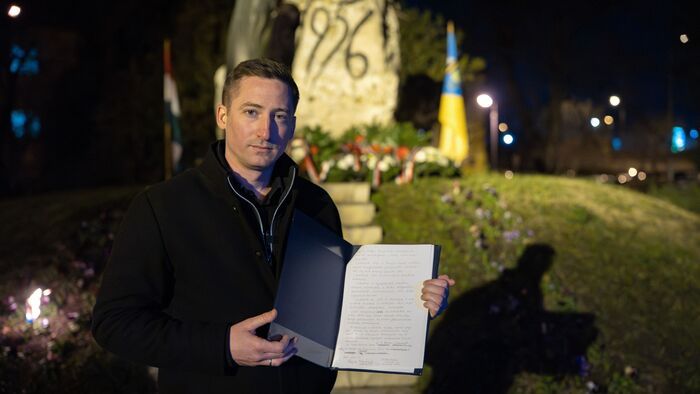
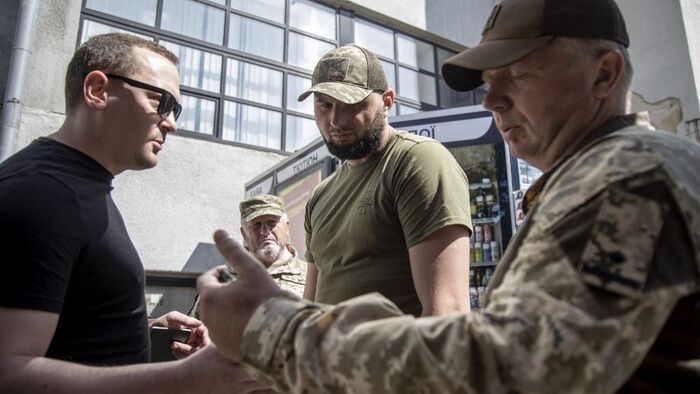
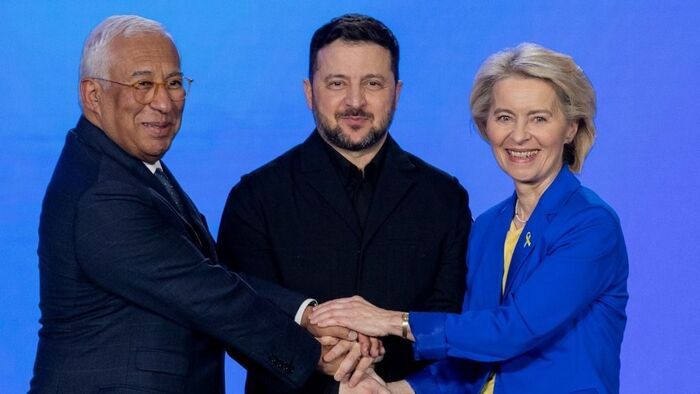
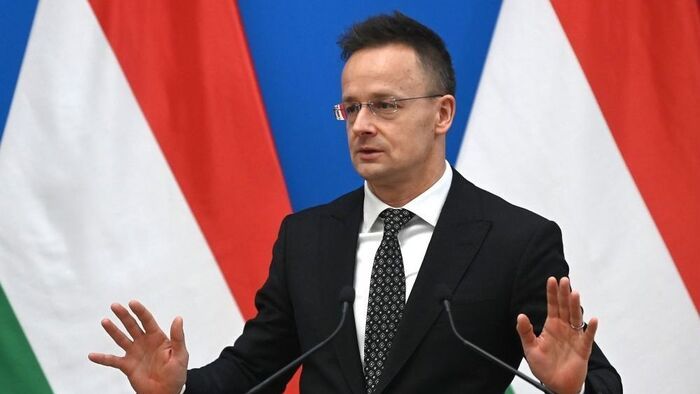


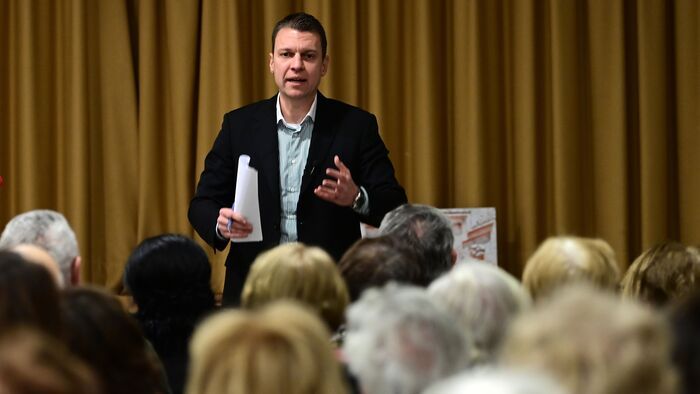
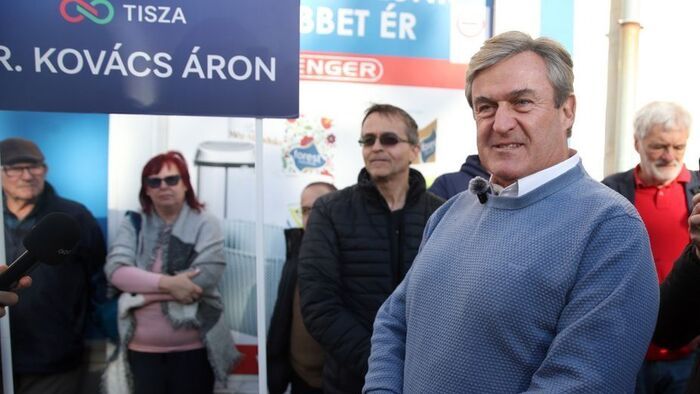

Szóljon hozzá!
Jelenleg csak a hozzászólások egy kis részét látja. Hozzászóláshoz és a további kommentek megtekintéséhez lépjen be, vagy regisztráljon!